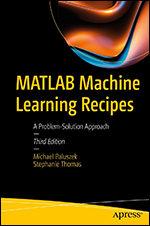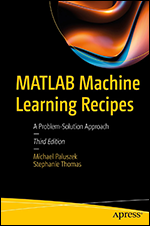Raku Recipes: A Problem-Solution Approach
- 5h 45m
- J. J. Merelo
- Apress
- 2020
Explore Raku problems and solutions using the latest version of the Raku programming language. In Raku Recipes, the emphasis is on applying Raku code to various important tasks and applications including data science, analytics, microservices, and desktop/console applications. There are also fun one-liner script recipes and instructions on how to create mini-languages of your very own.
All in all, over 70 recipes cover a broad range of the tasks and problems encountered by a modern Raku developer. You’ll be able to solve problems starting from basics such as input/output and math, to more complex domains such as microservices web sockets, web hooks, and mini-bots.
What You Will Learn
- Put Raku to use in a real world environment
- Work with Raku modules, including design classes, roles, and more
- Query a GeoIP database and extract information from the web
- Carry out text processing such as creating a dictionary with fast searches over it and scraping markdown documents
- Work with MongoDB, WikiData, and other data sources
- Build data science and analytics applications using Raku
- Integrate with Python, C, and other languages and libraries
- Create mini-languages and shell scripting languages
Who This Book Is For
While some prior experience in Raku may be useful, it is not required. Prior programming experience using other scripting languages, such as Perl, is recommended, however.
About the Author
J.J. Merelo is a professor at the university of Granada, where he has been teaching since 1988. He has been using Perl since 1994, and Perl 6/Raku intensively since December 2016. He trains, teaches, and consults on Perl and Raku projects.
In this Book
-
Putting Raku to Use in a Real-World Environment
-
Input and Output
-
Data Science and Data Analytics
-
Math
-
Configuring and Executing Programs
-
Automating System Tasks
-
Modules
-
Dealing with Errors
-
Client-Side Web and APIs
-
Text Processing
-
Microservices
-
Working with Data Sources
-
Creating Desktop Applications
-
Interfacing with Library and Code in Other Languages
-
Speeding Up Processing
-
Creating Mini-Languages
-
Fun One-Liners





